The Ultimate Guide to Small Business Accounting in Fayetteville
Understanding the Basics of Small Business Accounting
Small business accounting is more than just number crunching; it's a critical part of your business's success. It involves tracking, analyzing, and reporting financial transactions to provide insights into your business's financial health. For small businesses in Fayetteville, understanding these basics can help in making informed decisions.

Incorporating accounting into your daily operations can streamline processes and enhance efficiency. By maintaining accurate records, you can monitor cash flow, prepare for tax season, and make strategic investments that will foster growth. Let's dive into the essential components every small business owner should know.
Setting Up Your Accounting System
Before diving into the complexities of accounting, it's fundamental to set up a reliable accounting system. This involves selecting the right software that suits your business needs. Popular options include QuickBooks, Xero, and FreshBooks. These platforms offer user-friendly interfaces and robust features tailored for small business needs.
- QuickBooks: Best for comprehensive features and scalability.
- Xero: Ideal for businesses seeking strong integration with third-party apps.
- FreshBooks: Perfect for service-based businesses focusing on invoicing and time tracking.
Once you have selected your software, categorize your income and expenses to keep your financial data organized. This will help you generate accurate reports and gain insights into your business performance.
Understanding Financial Statements
Financial statements are crucial for assessing your business's financial health. The three main types are:
- Income Statement: Shows your revenue and expenses over a specific period, indicating whether your business is profitable.
- Balance Sheet: Provides a snapshot of your assets, liabilities, and equity at a particular date, offering insights into your company's financial position.
- Cash Flow Statement: Tracks the flow of cash in and out of your business, helping you manage liquidity and plan for future expenses.

Regularly reviewing these statements will help you identify trends, manage costs, and make informed decisions to ensure the sustainability of your business.
Tax Compliance and Planning
Tax compliance is a critical aspect of small business accounting. Ensuring you meet all federal, state, and local tax obligations is essential to avoid penalties. In Fayetteville, staying updated on tax regulations specific to North Carolina can save you from unnecessary stress.
Consider working with a local tax professional who understands the nuances of Fayetteville's tax landscape. They can assist with tax planning strategies that optimize deductions and credits, ultimately lowering your tax liability.

The Importance of Regular Audits
Conducting regular audits is an effective way to maintain the integrity of your financial data. Audits help detect discrepancies, prevent fraud, and ensure compliance with accounting standards. Small businesses can benefit from both internal and external audits to validate their accounting practices.
Implementing a system of checks and balances within your accounting processes can further enhance accuracy and reliability. This proactive approach builds trust with stakeholders and provides peace of mind as you grow your business.
Leveraging Professional Assistance
While many small business owners handle their own accounting, enlisting the help of professionals can provide significant advantages. Accountants bring expertise that can simplify complex financial matters, allowing you to focus on running your business.
A professional accountant can offer personalized advice tailored to your specific industry and business goals. They can also assist with long-term financial planning, helping you navigate challenges and seize opportunities in the competitive market.
In conclusion, mastering small business accounting in Fayetteville is an ongoing process that requires diligence and attention to detail. By following these guidelines, you can enhance your financial management skills and set your business on a path to success.
